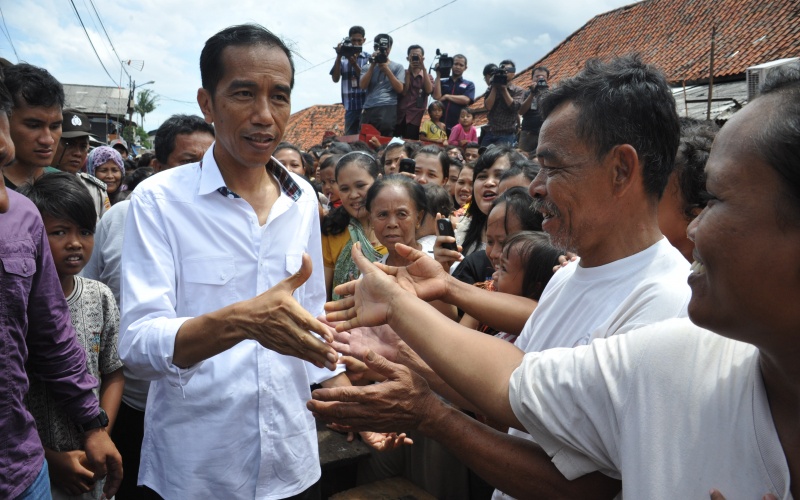By Ross B. Taylor
The
announcement this week by Western Australia's new Premier Mark McGowan that Paul Papalia is WA's Tourism
Minister will be welcomed by the industry and commerce generally. Mr Papalia
has considerable interest in this field and also a sound understanding of our
region.
As WA
seeks to diversify away from our over-reliance on the resources sector, attracting
foreign tourists to our state will increasingly be placed under the spotlight
as the government seeks to build inbound visitor numbers significantly. And there
are some huge opportunities and challenges that the new minister will face.
A look at
the inbound statistics for three of our closest neighbours is enlightening but
also disturbing. To correctly analysis the current inbound tourism arrivals from
Singapore, Malaysia and Indonesia, we need to adjust these numbers down, as all
three countries have a large component of business and also student arrivals, with
families visiting them during their study-time in WA.
So let's
look at the numbers for 2016 for just tourism arrivals for holiday purposes
only:
- Singapore: 65,646
- Malaysia: 67,642
- Indonesia: 12,972
Whilst
these figures suggest Singapore and Malaysia tourist arrivals are doing well
but still have plenty of upside, the numbers for Indonesia are simply dismal. Here
is our nearest neighbour: a nation of 260 million people and a strong emerging
middle-class, yet WA can only attract less than 13,000 people to come to our
state for holidays. Something is clearly wrong.
There has
been a lack of focus on Indonesia in recent years, but that has recently
changed with the appointment of a specialist Indonesian tourist promotions
officer based in Jakarta within our 'now-saved' WA Trade Office. This is a good
start, but the two major impediments to boosting inbound tourism to WA is from
our Federal Immigration Department who still make it very difficult for Indonesians
to apply for, and obtain, visas and the availability of competitive and regular
flights between Perth and Indonesia’s major cities.
During
President Joko Widodo’s recent visit to Australia both countries re-committed
to closer bi-lateral ties, yet both governments continue to place rules that
restrict the easy movement of our people – including our youth - between these
two neighbours.
Although some
changes to visa application rules are coming, Indonesians still must apply for
a visa in person rather than online; something that has been enjoyed by
Malaysian and Singapore nationals for years.
Young
Indonesian’s (including those from Bali) may only apply for a holiday-work visa
for a three month period and provided they pay and obtain health checks, a written
recommendation from their Ministry of Manpower in Jakarta and provide proof of
at least $5,000 in their bank account. I wonder how many young Australians have
a ‘lazy’ five grand in their bank account. Their application and health fees
are also non-refundable in case their application is rejected.
Interestingly,
young people from Japan face less stringent requirements and may stay here for
up to 24 months. For older Indonesians the question remains: Why should we ‘mess-around’
with going to Australia when the rest of Asia beckons and is mostly visa-free?
The other
major issue facing WA’s new minister will be how to increase the number of
flights that operate between WA and Indonesia’s major cities, apart from
Denpasar in Bali. Whilst Malaysians and Singaporeans enjoy multiple airline
choices and schedules with a number of flights each day in wide-bodied aircraft
from Kula Lumpur and Singapore, flights from Indonesia (excluding Bali) are
restricted to Garuda Indonesia and generally in aircraft travelling via Bali
with lengthy stop-overs. Fares tend to be higher as well.
So the
challenge for our new Minister is to pressure his federal colleagues to create
a simplified and more 'friendly' visa application system for Indonesian nationals,
including for young people wanting to holiday and work here, and to attract
more competition on the Perth - Jakarta route and also between large cities
such as Surabaya in East Java (home to 45 million people) and where WA enjoys a
long-standing ‘Sister-State’ relationship.
We need
more tourism; we all know that. But there are some gaping holes in these
current arrivals figures.
With the
appointment of a new and vibrant minister at least we now have an opportunity
to do something about tapping into this huge market, right on our doorstep. And
that should start with a phone call to the federal minister for immigration.
Ross
Taylor is the president of the Perth-based Indonesia Institute Inc.
March
2017


